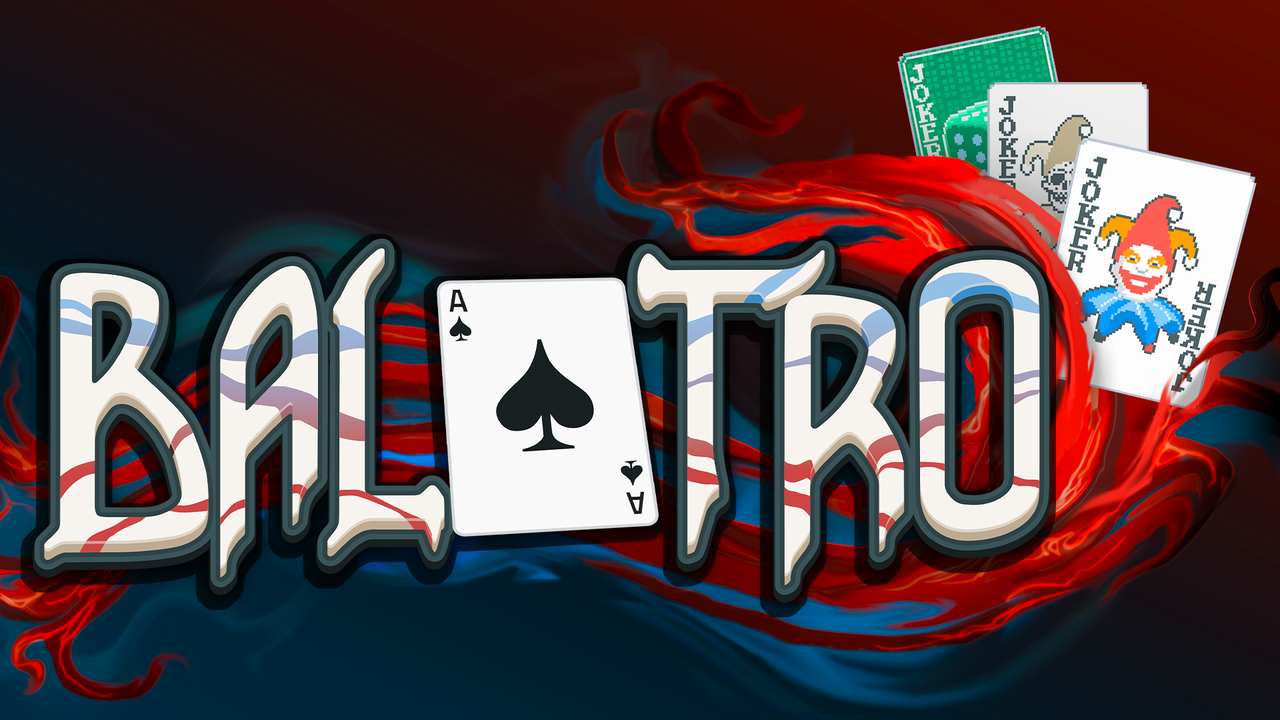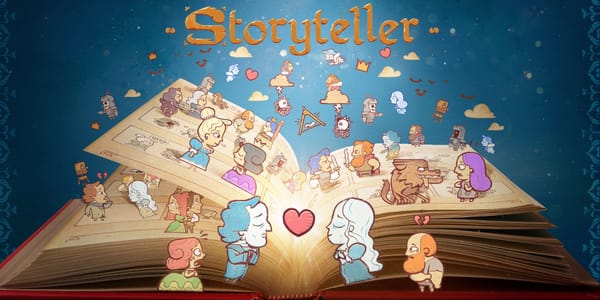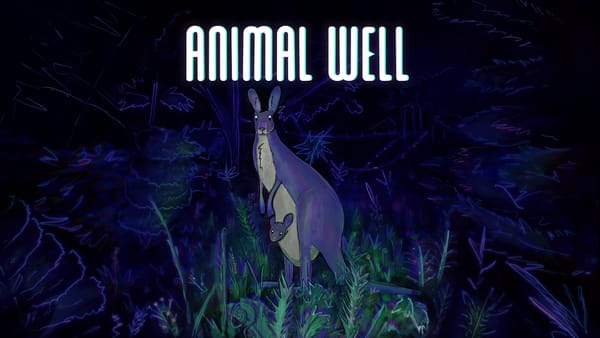Is it Balatro, or is it me?
How roguelikes mirror the mind

Two weeks after reviewing Balatro for Polygon, I deleted it from every device I owned. Why? Because I kept playing it after turning in my review, which is something I never do. Like a lot of folks, I found myself playing a lot of Balatro between February and March. More than 50 hours of it, to be semi-precise.
The game is compulsively replayable. Like any well-tuned roguelike, it is designed around making it as frictionless and pleasurable as possible to begin again. Unlike some of its twitchier brethren, Balatro is purely about making decisions and requires next to nothing of the player in terms of dexterity. To play an action-based roguelike like The Binding of Isaac, Dead Cells, or Hades is to become more physically capable over time, your hands and mind working more seamlessly toward mastery. Randomness is still king, but physical skill also plays a part in success or failure. By contrast, in Balatro the only “skill” one can acquire in playing Balatro is clearer thinking. Better decision making.
Because I write a biweekly newsletter about videogames, I often feel I can’t afford to play games past the point when I write about them. As a fellow bug trapped in amber, you may be familiar with the concept that there are 52 weeks in a year. That’s 26 games a year that I or a guest writer need to complete in order to keep up with Backlog’s release cadence. To play 30 hours more of Balatro than I needed to complete my review is, under this logic, a costly use of time.
I am also attempting to finish my novel this year. It’s an idea I’ve been working on since graduate school, where an early go at the concept comprised a portion of my master’s thesis. I think of myself, in training and ambition, as a fiction writer first. And yet I haven’t published any fiction for years, a fact that has, frankly, been a point of pain for me, especially during the pandemic years when my output slowed to a complete stop. Like a lot of folks, I struggled to feel like my writing was any good. Sitting down with the blank page felt painful, as dramatic as that may sound. It wasn’t pleasurable, and I found it hard to summon the energy to even try. And often, when I felt this way, I would turn to games to make me feel better.
Balatro makes me feel good. I love the feeling it imparts as a run comes together, numbers cascading outward from the cards, their addition and multiplication speeding up exponentially as your score crescendos, the number aflame. I love its strange synergies, how each run goes from a blank slate to a churning engine. I love how every run makes me feel like I’m making something out of nothing.
What I don’t love is why I turn to games like Balatro. What I don’t love is the feeling that I am turning to them as simulacra of achievement. What I don’t love is having a shortcut for the game sitting next to the shortcut for the application I use to draft my novel. What I don’t love is knowing that I’m engaging in unhealthy play but choosing to continue anyway.
Roguelikes are excellent behavioral mirrors, I’ve come to believe. Their nature is to be endless entertainment, expertly tuned to be just difficult enough for it to feel like an achievement when one wins, but not so difficult that you turn away from them completely. They are, I think, one of the purest expressions of the joys of videogames, cogent arguments for the power of play and experimentation. They also, for me, tend to reveal an uncomfortable truth about how and why I play games.
Before I deleted Balatro, I deleted The Binding of Isaac. Before I deleted The Binding of Isaac, I deleted Hades. Before I deleted Hades—you get the point. I reach a certain point with these kinds of games where I feel I must be rid of them to move on with my life. The only way forward is to erase the temptation. Sure, I can reinstall them, and, yes, that will probably take less than a minute, given the download size of most of these games. It’s the symbolism of it, though, more than anything. I am done with you, Balatro. I am done with you, Isaac. I am done, and I am moving on.
At least, that’s what I want the action to say. But I don’t think that’s true.
Case in point: Shortly after deleting Balatro, I became an ebook guy. I signed up for several newsletters that would announce ebook deals to me in categories I like, as well as alerts for books I wanted to read that weren’t available through my local library. I read more books in a few weeks than I had in 2023 as a whole. I would wake up, let the dog out, make my coffee, then sit down and read, without fail. I made it so my Kindle would show me how many minutes were left in a chapter, and I would use that to motivate myself to keep reading. I felt joy watching the “percentage read” statistic creep ever upward. And the fact that I was getting emails about my reading achievements? Oh, I was in heaven. I was reading the shit out of books. I was engaged, baby.
You’re a smart person, so you see where I’m going with this. I Balatro-ed my reading habits, folks. That same aspect of myself—obsessed with quantification, ever dedicated to metrics of progress—had been drawn out, again. Sure, this time I was reading books instead of playing games, which our society will tell you is a more noble and worthwhile use of my time. But was it? Not when I wanted to be making progress on my novel, it wasn’t.
So I reconfigured again. I started a new run: This time I would spec into writing my fucking book instead of literally anything else, and, wouldn’t you know it, I started writing my fucking book. I continued to read, and I continued to play games, but I didn’t do them in lieu of the thing I knew, deep down, I wanted to be doing. It’s something that’s so obvious when said aloud or written out, but so difficult to actually achieve once one has fallen into a maladaptive set of behaviors.
But I had a trick up my sleeve: I was pretty good at playing roguelikes.
Anxiety convinces you that things are always true, standing in the way of meaningful changes you want to make. Anxiety says things that once were will always be. Roguelikes tell you that’s bullshit. Roguelikes tell you that every run is a new run, and you only get one chance to make the most out of it. Roguelikes tell you that you can learn from past mistakes, but you still have to be present in the moment. Roguelikes tell you that not only is it okay to start again, it’s the only way forward. Roguelikes tell you that today is a new fucking day, so rise and shine, and get to work.
I’m going to finish my novel this year. I am. Balatro isn’t the problem. No game is. But neither am I. Not anymore, at least. Every day I wake up and start again. Every day I put in a little more work at it. Every day I get a little better.
I reinstalled Balatro this week. I even played a little bit of it. It’s a great game. I like it even more now that I’m playing it as a reward and not an escape. It’s a lesson you only learn through repetition and experimentation, but I’ve got it down now. So let’s do one more run. Let’s write this thing. Make the coffee, set the pomodoro timer to 25 minutes, and get to work.





